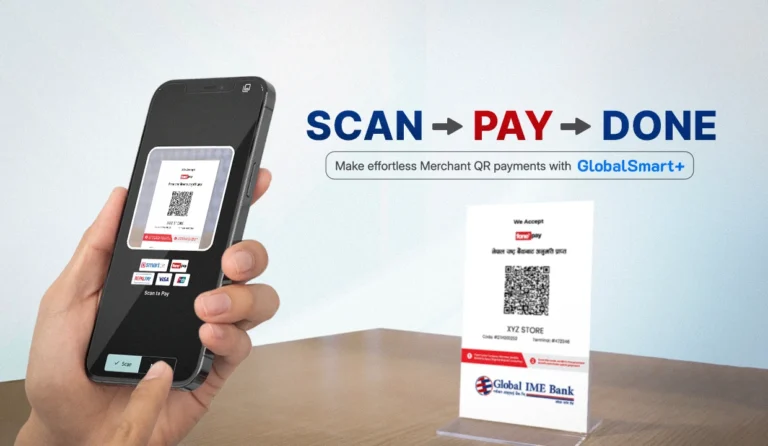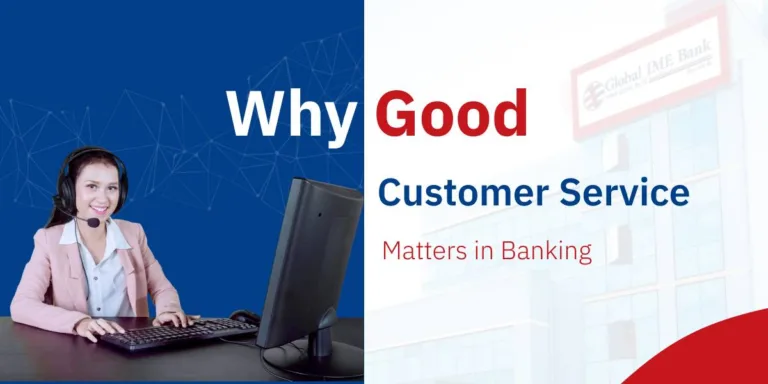In a recent episode of the Global IME Podcast (2025), Abhilasha Paudel, Executive Director of the Federation of Women Entrepreneurs’ Association of Nepal (FWEAN), discussed how women entrepreneurs are driving Nepal’s economy with businesses outperforming others. Despite facing challenges like limited financial access and societal norms, women are leading vibrant enterprises with support from initiatives like Global IME’s tailored loans and FWEAN’s training programs. This newsletter explores pathways to strengthen their impact through policy, technology, and skills development.
Women-Led Businesses in Nepal
Across Nepal’s bustling urban markets and quiet rural villages, women entrepreneurs are driving an economic transformation. They own 30% of the nation’s micro, small, and medium enterprises (MSMEs), registering 71,000 new businesses annually and creating millions of jobs. These ventures, which make up 90% of Nepal’s MSMEs, contribute 22% to the country’s GDP and employ nearly two million people, fostering financial independence and community growth. Women-led businesses achieve a 3% higher profitability than their male-led counterparts, driven by efficient operations and rapid adoption of technology like social media platforms (Global IME Podcast, 2025). Urban women leverage e-commerce tools like Winbiz to reach global markets, while rural women transform remittances from family members abroad into startups such as handicrafts and homestays. Despite this progress, challenges like limited financial access and societal norms highlight the need for targeted support to sustain their momentum and unlock further economic potential.
FWEAN’s Role in Empowerment
Since its founding in 2003, the Federation of Women Entrepreneurs’ Association of Nepal (FWEAN) has supported 5,500 entrepreneurs across 74 chapters in all seven provinces, aiming to reach all 77 districts by 2027. FWEAN promotes women’s entrepreneurship through advocacy, skill-building, and market access, focusing on marginalized groups like Dalit and indigenous women. Its 7th International Women’s Trade Expo (March 29–April 2, 2024) connected entrepreneurs from 60 districts to global buyers, fostering B2B linkages, while the Winbiz e-commerce platform helps women access markets. Training programs, including ILO’s “Improve Your Business” and digital literacy workshops, equip women with skills in pricing, bookkeeping, and business planning, enabling independent management. FWEAN’s advocacy has secured Nepal Rastra Bank directives for collateral-free loans up to Rs 5 lakh, though implementation challenges persist, underscoring the need for year-round market access and stronger policy support (Global IME Podcast, 2025).
Policy Support
Nepal’s government offers policies like the Startup Enterprise Loan, providing up to Rs 2.5 million, and the Prime Minister’s Daughter Honor Program to support women entrepreneurs, but bureaucratic delays limit their effectiveness. FWEAN’s advocacy has driven Nepal Rastra Bank’s collateral-free loan directives, yet inconsistent enforcement affects rural women most, who struggle with loan applications. Initiatives like Women’s Craft Villages and “Buy Local, Wear Local” campaigns, encouraging two days of using Nepali products weekly, could enhance market opportunities if clarified and implemented (Global IME Podcast, 2025).
Technology and Market Access
Urban women use e-commerce platforms like Winbiz to connect with global markets, while rural women, often limited to basic phones, face digital literacy gaps (Global IME Podcast). Women’s quick adoption of social media drives their 3% profitability edge, and Nepal’s IT hub initiatives create opportunities in fields like content writing (Global IME Podcast, 2025). FWEAN’s digital literacy programs and the 2024 Trade Expo linked 60 districts to buyers, but expanding rural internet access and affordable devices could further boost scalability.
Work-Life Balance
“Women balance household duties before business, creating a mental burden,” says Abhilasha Paudel (Global IME Podcast, 2025). Patriarchal norms assign women caregiving roles, with rural women managing agriculture alongside home tasks (Global IME Podcast, 2025). Government childcare centers support 10,000 children, but short paternity leave (15–20 days) limits shared responsibilities. Younger couples are beginning to share household duties, yet expanded childcare and equitable roles could help women focus on business growth.
Financial Access
Only 32% of women entrepreneurs access formal credit, with 44% of SMEs citing finance as a major constraint due to collateral barriers and low awareness (Global IME Podcast, 2025; Global Findex, 2022, https://www.worldbank.org/en/publication/globalfindex). Post-COVID reductions in concessional loans have hit rural women hardest, who seek small loans of Rs 2–3 lakh (Global IME Podcast, 2025). Pre- and post-loan financial literacy training could ensure effective fund use, while scaling collateral-free loans may empower more women to grow their ventures
Global IME Bank’s Steps and Initiatives
Global IME Bank supports women entrepreneurs through its Global Ma Udhyami Karja scheme, offering tailored loans with quick approvals and competitive rates for women-led businesses (Global IME Podcast, 2025, IFC, 2024,). Backed by IFC’s $56 million investment, the largest gender-financing initiative in Nepal’s financial sector, the bank has enabled entrepreneurs to scale up ventures (IFC, 2024). Global IME’s financial literacy training ensures women use loans effectively, supporting expansion and sustainable growth.
Education and Skills Gap
High dropout rates by grade 8, driven by early marriage, limit women’s business skills, particularly in pricing and bookkeeping (Global IME Podcast, 2025; ResearchGate). FWEAN’s ILO “Improve Your Business” training and digital literacy workshops empower women to manage businesses independently, targeting marginalized groups (FWEAN, 2024, https://fwean.org.np/). Mobile training units and STEM-focused scholarships could bridge rural education gaps, enabling women to thrive in tech-driven sectors.
Regional Context and Opportunities
South Asia shares patriarchal challenges, with India’s “Beti Bachao, Beti Padhao” and Bangladesh’s Grameen Bank offering stronger support, placing Nepal slightly behind (Global IME Podcast, 2025). Remittance-funded startups, like rural women’s handicraft ventures, drive economic activity, but limited market access hinders growth (Global IME Podcast, 2025). FWEAN’s advocacy for year-round exhibitions and policies like “Buy Local, Wear Local” could enhance export readiness, boosting MSMEs’ 22% contribution to Nepal’s GDP (IFC, 2024).
Conclusion
Nepal’s women entrepreneurs, driving 90% of MSMEs with a 3% profitability edge, are vital to economic progress, contributing 22% to GDP and employing nearly two million people (Global IME Podcast, 2025; FWEAN, 2024, https://fwean.org.np/; Global Findex, 2022). Stakeholders can expand collateral-free loans like Global IME’s Global Ma Udhyami Karja, leveraging IFC’s $56 million investment (IFC, 2024). FWEAN’s 2024 Trade Expo and training programs should aim to reach 10,000 women by 2027 (FWEAN, 2024). Policies like “Buy Local, Wear Local” and Women’s Craft Villages could boost markets if implemented effectively (Global IME Podcast, 2025). Investments in childcare, rural internet, and skills training will empower women to lead Nepal’s economic transformation.






